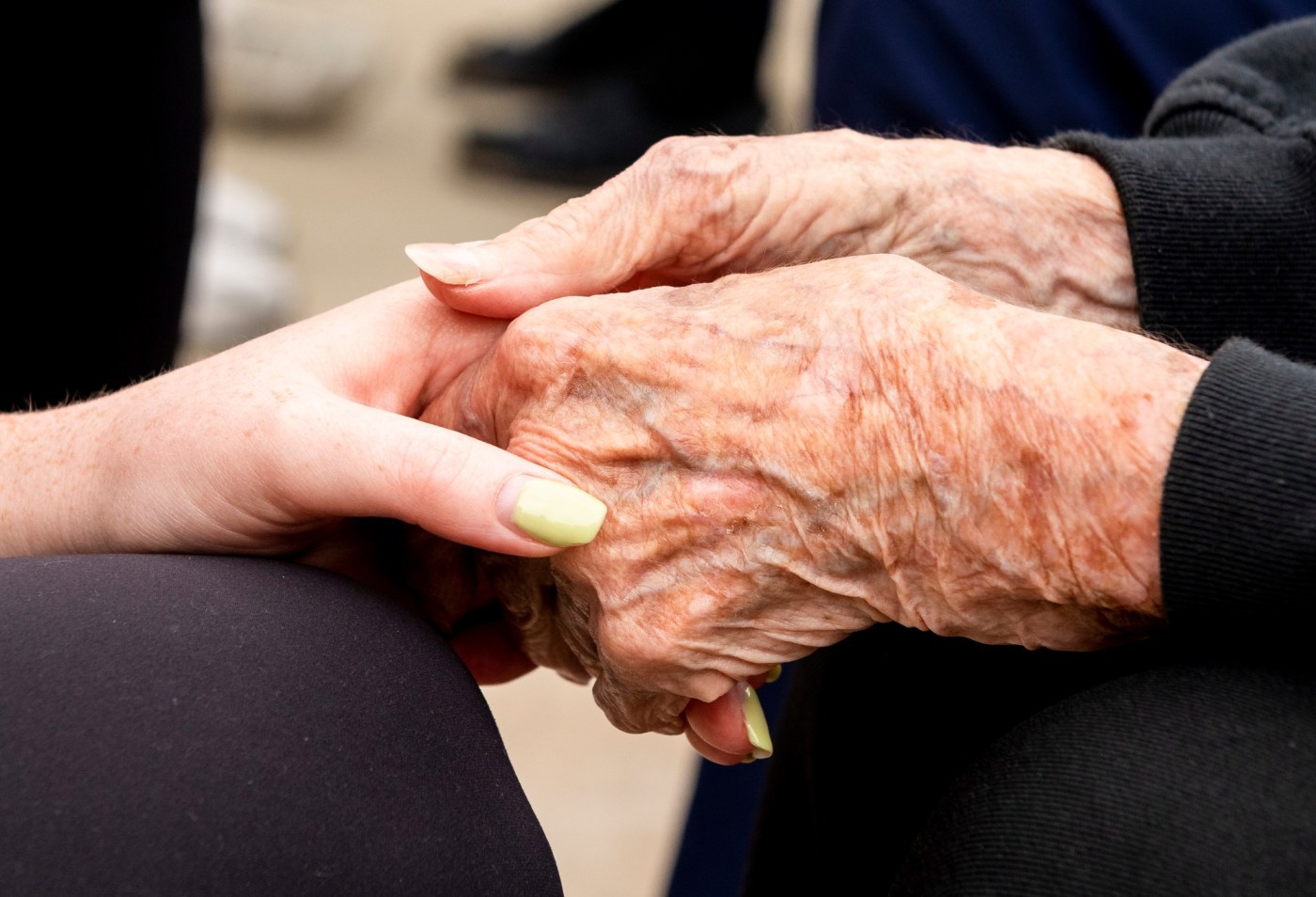Health
Minimally Invasive Heart Surgery Offers Seniors New Hope

Advancements in medical technology have led to the rise of minimally invasive heart surgery, a transformative option that significantly benefits elderly patients. This innovative approach addresses the growing need for safer and more effective treatments as the senior population expands. Patients undergoing these procedures experience fewer complications, shorter recovery times, and improved quality of life.
Understanding Minimally Invasive Heart Surgery
Minimally invasive heart surgery involves performing cardiac procedures through small keyhole incisions rather than the traditional method, which requires a large chest incision and cutting through the breastbone. This technique employs specialized instruments and advanced imaging tools, allowing surgeons to operate with precision while minimizing trauma to the body. Surgeons typically make two to four small incisions between the ribs, utilizing a high-definition camera to provide a magnified 3D view of the heart.
The most common method for this type of surgery is through robotic assistance, which enhances the surgeon’s ability to perform intricate procedures such as valve repairs and bypass grafting.
Benefits for Seniors
The advantages of minimally invasive heart surgery for elderly patients are substantial. Firstly, it significantly reduces the risk of complications. Given their age and potential health conditions, seniors are more susceptible to issues during surgery. This technique lowers the likelihood of infection, bleeding, and blood loss, minimizing the need for blood transfusions.
Moreover, patients can expect a shorter hospital stay. Compared to traditional open-heart surgery, those undergoing minimally invasive procedures often leave the hospital sooner, which decreases their risk of hospital-acquired infections and allows for a quicker return to daily activities. This not only benefits the patient’s health but also reduces overall medical costs.
Recovery times are notably faster as well. Patients report less pain and a lower requirement for opiates after surgery. Many seniors can resume normal activities within weeks rather than months, thanks to the smaller incisions that heal more rapidly and with less scarring. Tailored physical therapy and rehabilitation programs further support their recovery, helping them regain strength and independence.
Improved mental and emotional well-being is another crucial benefit. Quicker recovery and less discomfort contribute to a better quality of life, allowing seniors to return to their favorite pastimes and spend valuable time with family and friends. The psychological advantages of feeling healthier and regaining independence are significant.
Additionally, the precision offered by advanced imaging and specialized instruments leads to better surgical outcomes. High accuracy in procedures reduces the chances of complications and the need for follow-up surgeries. Many seniors, previously deemed too high-risk for traditional open-heart surgery due to age or underlying health conditions, can now be treated effectively.
The Future of Heart Surgery
The field of minimally invasive heart surgery is rapidly evolving. Ongoing research and technological advancements promise even better results for patients. Innovations such as robotic-assisted surgery, enhanced imaging techniques, and improved surgical instruments are making procedures safer and more efficient.
Integrating artificial intelligence and machine learning into surgical planning and execution holds the potential to revolutionize this field. These technologies can assist surgeons in making informed decisions and optimizing surgical techniques, predicting patient outcomes with greater accuracy.
As these innovations develop, minimally invasive heart surgery is poised to remain at the forefront of cardiac care. It offers seniors not only reduced risks and faster recovery but also the opportunity to lead healthier, more fulfilling lives. The success stories and continuous advancements in this area highlight the promising future of heart care for the elderly population.
Dr. Asad Shah is a board-certified cardiothoracic surgeon and medical director of cardiac surgery at Saddleback Medical Center. He leads the MemorialCare Heart & Vascular Institute, specializing in robotic cardiac surgery and minimally invasive techniques.
-

 Science4 weeks ago
Science4 weeks agoALMA Discovers Companion Orbiting Giant Red Star π 1 Gruis
-

 Politics2 months ago
Politics2 months agoSEVENTEEN’s Mingyu Faces Backlash Over Alcohol Incident at Concert
-

 Top Stories2 months ago
Top Stories2 months agoNew ‘Star Trek: Voyager’ Game Demo Released, Players Test Limits
-

 World2 months ago
World2 months agoGlobal Air Forces Ranked by Annual Defense Budgets in 2025
-

 World2 months ago
World2 months agoElectrification Challenges Demand Advanced Multiphysics Modeling
-

 World2 months ago
World2 months agoMass Production of F-35 Fighter Jet Drives Down Costs
-

 Science2 months ago
Science2 months agoTime Crystals Revolutionize Quantum Computing Potential
-

 Business2 months ago
Business2 months agoGold Investment Surge: Top Mutual Funds and ETF Alternatives
-

 Top Stories2 months ago
Top Stories2 months agoDirecTV to Launch AI-Driven Ads with User Likenesses in 2026
-

 Entertainment2 months ago
Entertainment2 months agoFreeport Art Gallery Transforms Waste into Creative Masterpieces
-

 Health2 months ago
Health2 months agoGavin Newsom Critiques Trump’s Health and National Guard Plans
-

 Business2 months ago
Business2 months agoUS Government Denies Coal Lease Bid, Impacting Industry Revival Efforts









